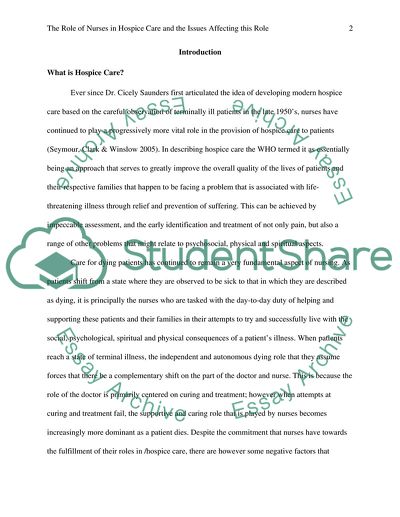Cite this document
(“Nursing and palliative care Research Paper Example | Topics and Well Written Essays - 1250 words”, n.d.)
Nursing and palliative care Research Paper Example | Topics and Well Written Essays - 1250 words. Retrieved from https://studentshare.org/nursing/1657210-nursing-and-palliative-care
Nursing and palliative care Research Paper Example | Topics and Well Written Essays - 1250 words. Retrieved from https://studentshare.org/nursing/1657210-nursing-and-palliative-care
(Nursing and Palliative Care Research Paper Example | Topics and Well Written Essays - 1250 Words)
Nursing and Palliative Care Research Paper Example | Topics and Well Written Essays - 1250 Words. https://studentshare.org/nursing/1657210-nursing-and-palliative-care.
Nursing and Palliative Care Research Paper Example | Topics and Well Written Essays - 1250 Words. https://studentshare.org/nursing/1657210-nursing-and-palliative-care.
“Nursing and Palliative Care Research Paper Example | Topics and Well Written Essays - 1250 Words”, n.d. https://studentshare.org/nursing/1657210-nursing-and-palliative-care.


